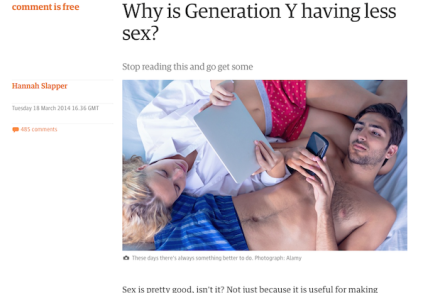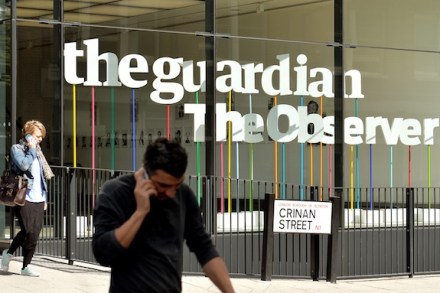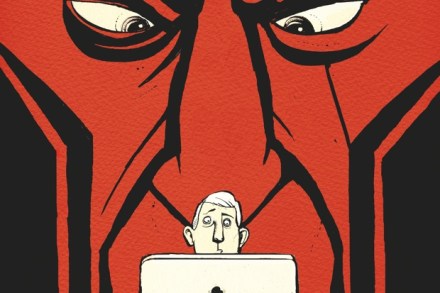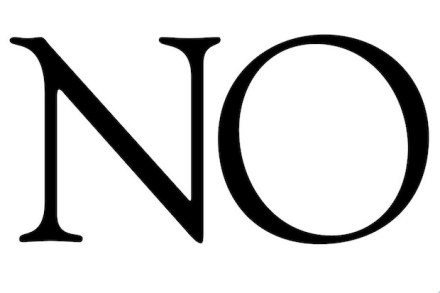The Guardianista mind-set
A moron has written a letter to The Guardian. I realise that this is not ground-breaking news. In the journalistic canon it is very much “dog bites man”, sure. But this brief letter exemplifies the mind-set of these awful, stunted, absolutist people. The letter was from a man called Conor Whitworth, and was in regard to a “Q&A” piece the in the Guardian magazine the previous week about the cyclist Chris Froome, one of those pieces where a sleb has to answer fatuous questions. Here’s Conor’s letter in full: “Morals are important to Chris Froome, he says in his Q&A. Wonder why he lives in Monaco?” – Conor Whitworth, Nottingham.




















